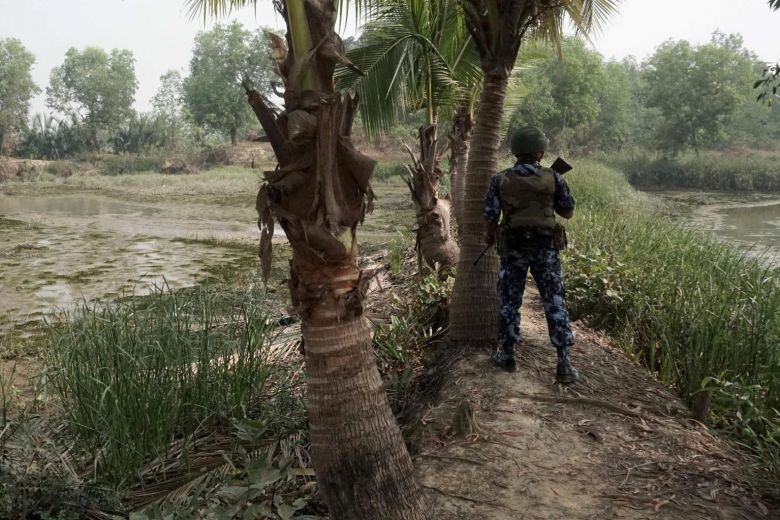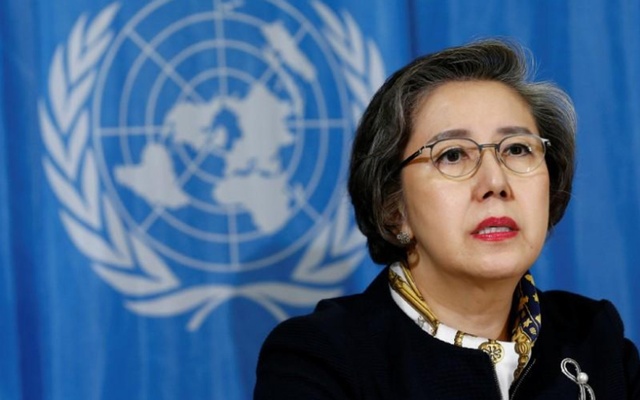While at work this weekend, I stumbled upon a book that’s been on my reading list for some time: An International Criminal Court, A Step Toward World Peace: A Documentary History and Analysis.
This book traces the history of proposals in the twentieth century that aimed to create a permanent international criminal court. You’d think this is a recent book; it’s actually from 1980. Its author is Benjamin Ferencz, who was a 27-year-old chief prosecutor for the U.S. against Nazi war criminals at Nuremberg in 1947. Seven decades later, he is now 97 years old and the world’s last living Nuremberg prosecutor.
I was fascinated by the preface to the 2-volume book. In it Mr. Ferencz wrote:
“The fact that it may take many lifetimes or longer to achieve a goal is no reason for despair. On the contrary that is all the more reason why the efforts and the dreams of the past must not be allowed to die…. I have noted all of the arguments, the failures and the disappointments. I can therefore fully appreciate the feelings of frustration and hopelessness that might well be felt by those who regard themselves as ‘realists.’ Should they consider mine as ‘an optomism verging on wishfulness,’ [sic] I would respect their judgment. But I would respectfully disagree.”
Nearly four decades since the book was published, the chimera Mr. Ferencz had been hoping for now celebrates 15 years since it opened its doors in The Hague in July 2002. The International Criminal Court’s (ICC) mandate, as the Rome Statute lays out, is to try “the most serious crimes of international concern”—the atrocities known as genocide, crimes against humanity, and war crimes, with the near-future inclusion of the crime of aggression. The Rome Statute was adopted on July 17, 1998, and celebrated its 19th anniversary on July 17 — also known since 2010 as the Day of International Criminal Justice.
Even with these celebrations, recent developments in global disorder are cause for despair—what Mr. Ferencz so carefully warned us of in 1980.
The lack of effective international intervention and pursuit of accountability in Syria continues. Other conflict-like situations like those in Mexico are causing confusion on their proper crisis assessment. Nations in Africa threaten to pull out of the Rome Statute. President Donald J. Trump entertains the candidacy of harsh ICC critics like John Bolton, who has regarded the ICC as a “threat” to American interests, for high-level positions.
As global security risks escalate, the efforts of global justice become frustrated. Instead, the feelings of Mr. Ferencz’s realists become much more seductive. As someone who works in international justice, I have heard the realist hopelessness from several friends and advisors over the years. I still remember being told two years ago that I was wasting my time working on advocacy for approaching Mexico’s enforced disappearances as crimes against humanity.
Like Mr. Ferencz, I respectfully disagree. The world is not entirely in disarray.
In fact, last year proved quite successful for international criminal justice. In March 2016, the ICC convicted Jean-Pierre Bemba Gombo, former vice president of the Democratic Republic of Congo (DRC), for war crimes and crimes against humanity. Days later, the former Bosnian Serb president of Republica Srpska Radovan Karadžić was convicted of genocide, crimes against humanity, and war crimes by the International Criminal Tribunal for the former Yugoslavia (ICTY) after two decades since his indictment.
In May, the Extraordinary African Chambers in Senegal convicted Hissène Habré, former president of Chad, for war crimes, torture, and crimes against humanity, including sexual violence, during his rule in the 1980s. (The decision in the Habré case was recently upheld in April, albeit with a “partial acquittal” for a rape charge.) Gains continue to be made.
Today, my colleagues in the field “pore over” seemingly endless amounts of online photos and videos to verify alleged atrocities around the world using groundbreaking open-source intelligence (OSINT) methods. One such initiative includes advancing the collection of the Syrian Archive, a project that aims to document and preserve evidence of violations of human rights and international criminal law in the hopeful event that a tribunal such as the ICC pursues accountability.
To the realists, the Syrian Archive will only be a repository for historical study and Mexico will never see a Guatemala-like anti-impunity commission. Again, this is appealing but too hopeless. Perhaps it is time we read through Ben Ferencz’s words again.
His work in the ‘70s and ‘80s to gain support for an international criminal court seemed unrealistic at the time. For years, many victims of atrocities and their advocates thought the Congolese warlord Bemba, “Butcher of Bosnia” Karadžić, or the U.S.-enabled Habré would never be serving jail time for their abuses.
Just like today, the work done to one day bring accountability to Syria, Mexico, and other places around the world seems ludicrous. The work of international criminal justice is long and messy, so I understand the defeatism from the realists when they are told that accountability may take decades to be realized, especially when they see justice delayed as justice denied.
On this Day of International Criminal Justice—15 years since the ICC entered into force and 70 years since a young Ferencz prosecuted Nazi criminals—I respectfully disagree. The work of international criminal justice continues to get done despite worsening global situations and the siren song of despair. Just take Ben Ferencz’s word for it.
Disclaimer: The views and opinions expressed here are those of the author and do not necessarily reflect the editorial position of The Globe Post.





















